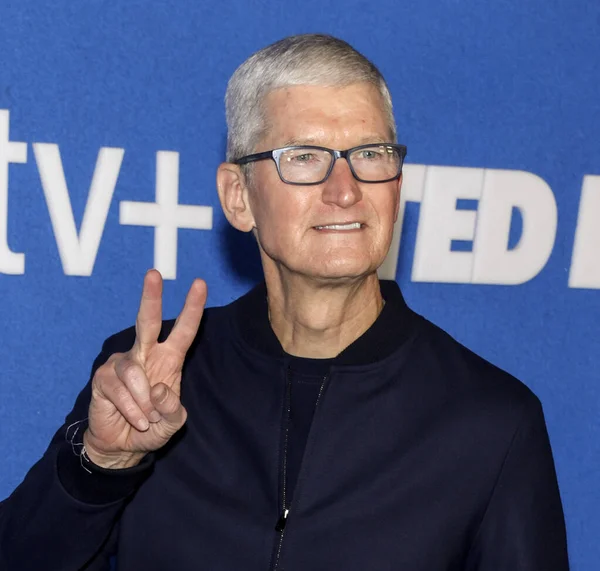Nigeria
Another face behind Facebook and Instagram verification
Meta, the parent company of Facebook and Instagram, has launched a subscription plan for users to pay up to $14.99 a month for a blue "verified" mark to provide protection against impersonation. However, this has been criticized for its limited benefits and high price. Twitter's verification plan, which launched in November, has been unsuccessful in attracting subscribers. Facebook and Instagram's advertising business has been impacted by the constraints around their misuse of privacy by tracking users across the internet. TikTok remains free and winning advertising market share from Meta's platforms. Social media networks may have missed the subscription party, with many people already having several subscriptions.
Advertisement
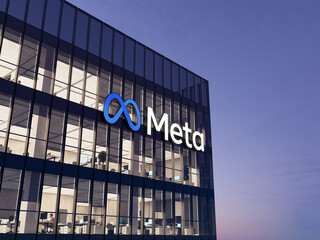
Meta, the parent company of Facebook and Instagram, has introduced a subscription plan that allows users to pay up to $14.99 a month for a blue “verified” mark that provides protection against impersonation. However, this move has been met with criticism, with many users feeling that the price is too high for the limited benefits offered. Some tech analysts have suggested that the move is a desperate attempt to boost revenues, with Meta having experienced a significant drop in profits last year and being forced to lay off thousands of staff members. Additionally, some have accused the social media giant of lacking new ideas.
Twitter’s verification plan, which was launched in November, has been unsuccessful in attracting subscribers, with less than 300,000 signing up so far. According to The Information website, the churn rate, or number of people deregistering, from Twitter’s blue badge scheme reached 26,000 in one week this month. While Twitter is projected to earn $27.8 million in revenue from verification this year, it is a far cry from the billions needed to prevent the platform from going bankrupt. With Facebook suffering from a severe advertising downturn and reaching saturation point, the move by Meta to launch a subscription plan for Facebook and Instagram has been described as a risky one that could backfire by Wall Street analyst Dan Ives.
According to Wall Street analyst Dan Ives, only 3% to 7% of Facebook and Instagram’s 3 billion users are expected to take up Meta’s subscription offer, which offers little added value other than verification. The subscription is mostly attractive for influencers or companies, and there is no major advantage for ordinary users, according to Martin Emmer, a communication studies professor at the Free University of Berlin. Meta claims subscribers will have direct access to customer service teams and greater visibility in search engines, as well as additional protection against data theft.
According to Drew Benvie, CEO and founder of London-based social media consultancy Battenhall, Meta needs to offer more attractive features to make their subscription plan more appealing. While the additional benefits of direct access to customer service teams, greater visibility in search engines, and protection against data theft are useful, they may not be enough to attract mass adoption. Benvie suggests that Meta needs to provide more entertainment options and core functionality to make the subscription plan more attractive.
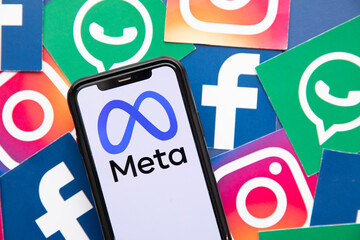
Furthermore, Benvie believes that charging for verification may reduce its prestige as it becomes available to anyone who purchases a subscription. The blue badge has traditionally been a symbol of celebrity status, and if Meta changes the definition of the blue badge to simply being verified, it could affect the status of true celebrities who possess one.
Facebook and Instagram’s advertising business has been impacted by the constraints around their misuse of privacy by tracking users across the internet. About 18 months ago, Apple made significant modifications to its iOS operating system to halt Meta from collecting an excessive amount of user data, which it then sold to advertisers. As a result, Apple users can now opt-out of Meta’s tracking feature, which has a significant impact, considering over half of the US population owns an iPhone. Google’s Android is also implementing comparable limitations through its Privacy Sandbox controls. These restraints make it more difficult for marketers to know if their products were bought as a result of Facebook or Instagram ads. This requirement for new revenue streams is also prompted by Meta’s enormous investment in the Metaverse, which, according to analysts, will take a long time to come to fruition, let alone consider earning a profit.
TikTok, with more than a billion users in over 150 countries, is still free and winning advertising market share from Meta’s platforms, while Cowen’s survey of 50 top US advertisers found that they intend to do more business with TikTok and Instagram but less with Facebook. Social media networks may have missed the subscription party, with many people already having several subscriptions, such as video, gaming and music streaming services, as well as news sites. As a result, there is little room in consumers’ budgets to pay for social media access.
Trending Topics
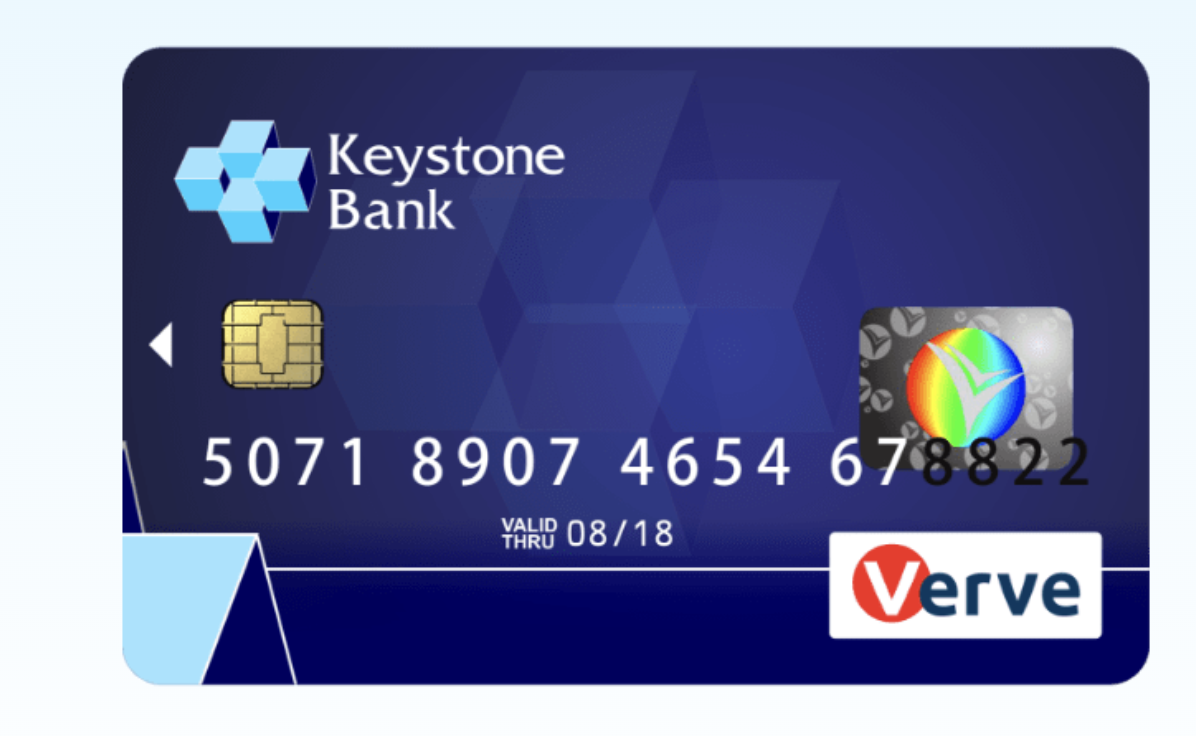
Keystone Bank Verve Card: Apply now!
Get more out of your finances with the Keystone Bank Verve Card. Apply today and enjoy exclusive offers, rewards, and security features.
Keep Reading
Review Diamond Bank Loan
Take control of your finances with Diamond Bank. With a range of financial products and services, you can achieve your goals.
Keep Reading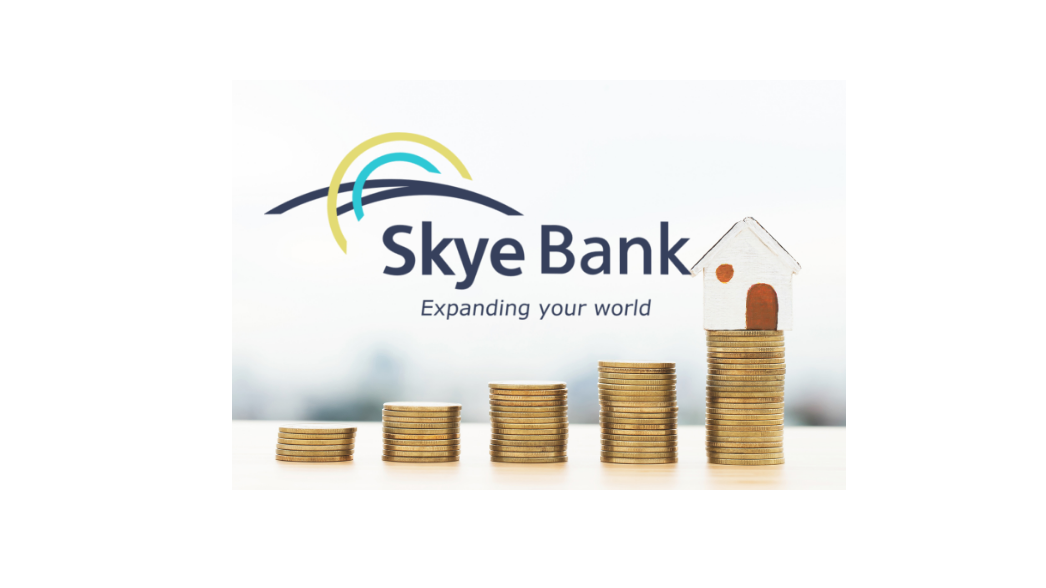
Apply Skye Bank
Unlock your financial potential with Skye Bank loans. With flexible repayment terms and expert support, you can achieve financial stability.
Keep ReadingYou may also like
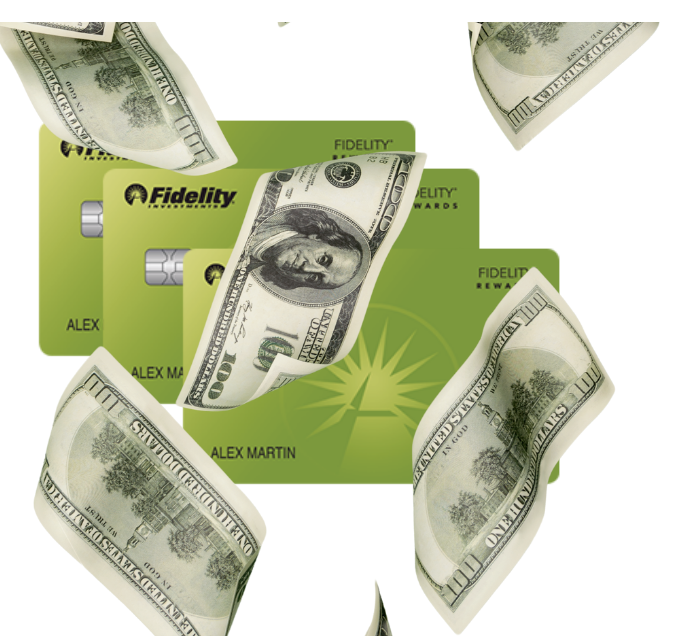
Fidelity Credit Card: Learn more about
Enjoy a whole new level of convenience with the Fidelity Credit Card - easily manage your finances and track your spending.
Keep Reading
